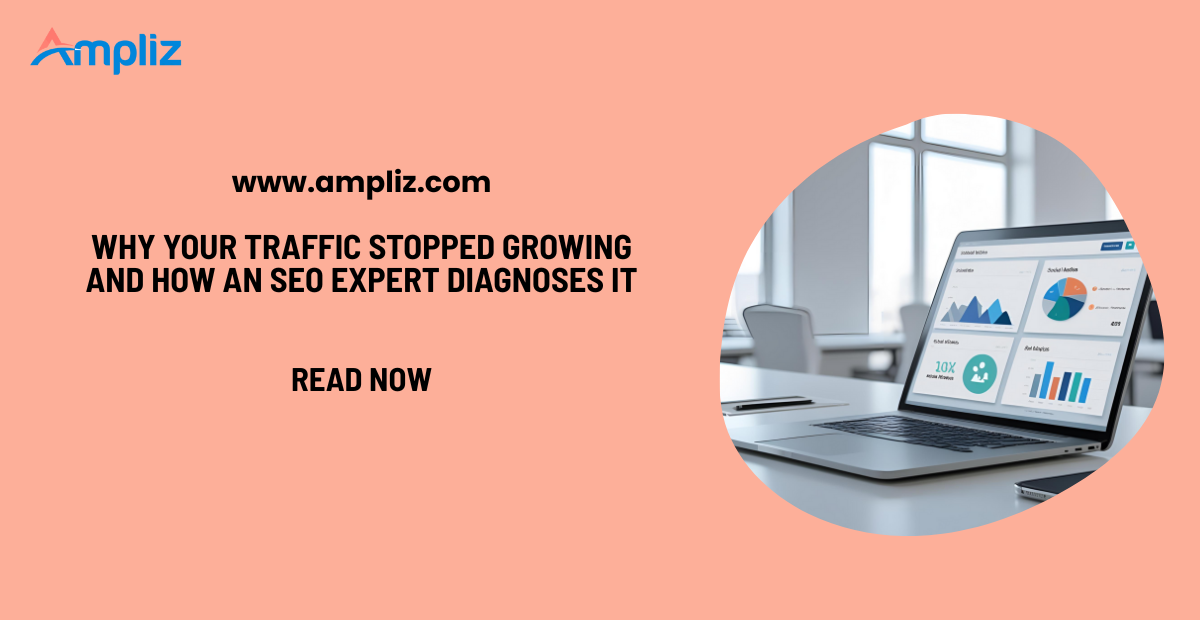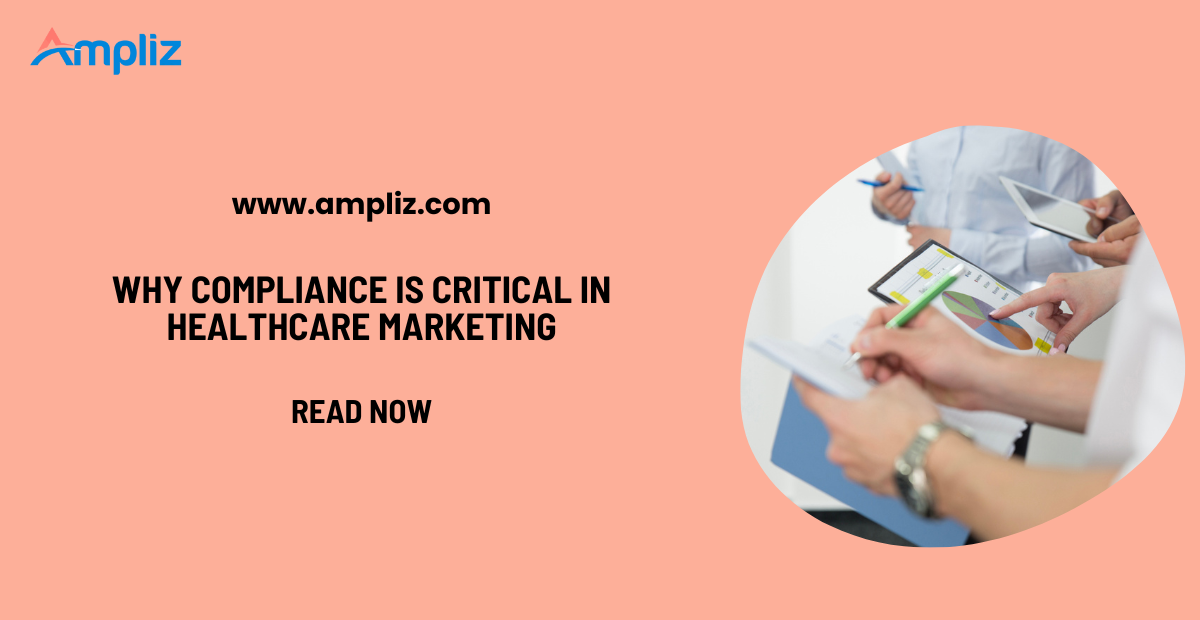Top 10 Pharma Industry Innovations in 2025
Top 10 Pharma Industry Innovations in 2025
Recent business dynamics show that innovations continue to drive the pharma industry in 2025. With the traditionally slow adoption of the technology industry, pharma is under rapid evolution for innovations. The increasing investment, growing technology startups, amplifying inter-organizational collaborations, and favorable environment are spurring innovations across the pharma trends.
One of the leading pharmaceutical companies in 2025, Johnson & Johnson reported sales of $23.3bn in the third quarter of 2021 indicating a rise of 10.7% compared to the same quarter in 2020.
As global pharmaceutical manufacturing market has crossed $400 billion. Reading the numbers, the US and European markets are estimated to be worth $635 bn and $315 bn in sales, respectively, by the end of 2025. Yet, how will the industry move forward to 2025?
The pharma industry focuses on the ability to meet the rising client expectations by leveraging AL and ML. A detailed emphasis is being made on pharmacovigilance, blockchain, RWD, and improved cybersecurity. Nonetheless, 2025 calls for the pharma industry to move ahead and pay attention to pharmaceutical trends to shape up the global market for the year.
Here are the top 10 trends in pharmaceutical industry innovations to embrace in 2025.
1. Rise in Pharmacovigilance Market
Vaccines and medicines may have unexpected and undesirable side effects calling for extra emphasis on calculating drugs’ quality and their usage. This is where “Pharmacovigilance” is derived from the Greek word, Pharmakon which means a medicinal substance, and Latin word, Vigilia which means to keep a watch.
Pharmacovigilance signifies a set of scientific activities for drug effects prevention and other medicine-related problems. The ultimate goal stands to optimize the benefit-risk ratio of the healthcare products usage by sharing validated information with patients and HCPs.
Developing effective and safe medicine with secure preclinical and clinical software requires a huge amount of high-quality datasets. This helps in making it possible to implicate data mining for critical decision-making along with risk assessment.
Download full Annual Revenue Report of Best Pharmaceutical Companies in 2022-2025.
2. Artificial Intelligence & High tech
Use of AI has accelerated drug discovery and developmental processes. Various AI startups are aiming to explore the use of technologies to address the various challenges associated with the pharma industry.
It implies the inclusion of automation and optimization of manufacturing processes and strategizing effective marketing and post-launch strategies. The most prominent step in the drug discovery and development process is “Patient Identification”.
Artificial Intelligence (AI) helps identify the eligibility criteria and inclusion of patients. Further, it also makes the identification process easy, quick, and economical.
3. Big Data and Analytics
Pharma industry demands high-performance systems for analyzing large volume data to render during the drug discovery and development process. In general, pharma companies use 3rd parties to share data with collaborators to make data management an area of focus.
The advancing technology aims to turn historical and real-time data and analytics of pharmaceutical companies into valuable assets.
They help in diagnostic, predictive, and descriptive analytics. Additionally, these analytics are leveraged for all kinds of medical data acquired from patient records, hospital data, and imaging centers, naming a few.
4. New & Agile Operating Models
The increasing volume of remote network distribution has driven organizations to re-evaluate the network costs and operating models. It is likely to bring talent distribution and make manufacturing more flexible.
These newly developed models also demonstrate newly emerging trends to enable the program, to operate and interpret data simultaneously keeping up with technological advancement.
Numbers say that more than 80% of US pharma executives are inclined towards agile working methods. These also indicate that organizations will experience a simple structure to avoid the traditional sales rep model.
5. Real-World Data and Evidence
The real-world data (RWD) and real-world evidence (RWE) transform innovations in the pharmaceutical industry.
RWD includes patient information like treatment data, health reports, and health status collected on a routine.
The research-intensive nature of the pharmaceutical industry ensures that data is reliable and of real value.
The RWD is enabled by the Internet of things (IoT)- the wearables and sensors restructure the functioning of the pharmaceutical industry.
6. Blockchain
The introduction of blockchain technology plays a significant role for pharmaceutical at every stage of the production and distribution of drugs.
In general, the pharma industry stakeholders are secretive about their data due to their sensitive nature.
Blockchain has been explored to tackle the use of counterfeit medicines and substandard drugs entering into the pharmaceutical supply chain and killing thousands every year.
The digitalization of transactions leveraging the blockchain promises a solution for tracking and hooking pharma transaction ecosystems. This tech has so much potential that it’s worth taking steps to understand and unleash it. A training course, like the RareSkills solidity bootcamp, will provide this all-important introduction for the uninitiated.
7. Digital Therapeutics
Digital Therapeutics is the prominent way to deliver evidence-based therapeutic interventions with the help of software. It prevents, manages, and also treats physical, mental, and behavioral conditions.
These tech-driven non-pharmacological solutions are either stand-alone or anchored alongside devices, medications, or therapies. It helps every individual to have control over health and outcomes.
8. Curative Therapies
The pharma industry is experiencing a paradigm shift in the area of treating illnesses- from managing diseases to curing diseases.
Cell and gene therapies are the curative therapies that are changing the ways to deal with chronic diseases or difficult to treat conditions.
This eliminates the need for long-term treatments. In the case of gene therapies, the genetic materials are introduced to the cells to either make a beneficial protein or compensate for the abnormal genes.
9. Precision Medicine
Precision medicine implies is from the idea to cater to each patient as a unique individual. Omic and data analysis advancements provide new insight into how a human body responds to a set of drugs.
Along with this, additive manufacturing in collaboration with other advancements makes personalized medicine a reality.
Different drug exposure models determine pharmacodynamic and pharmacokinetic properties of drugs to get to the right drug dosage based on age, comorbidities, sex, and other clinical attributes.
10. Improved CyberSecurity
The pharmaceutical industry is a source of the most sensitive data and is in dire need of cybersecurity. It gives a possibility of rising data leakages, and it can emerge in different forms and sources.
The not-seeming-to-end technological advancements establish that the pharma industry is bound to face security risks.
With HIPAA and HITECH proposed modifications in effect in 2025 makes the pharma industry to re-strategizes the impact of personally identifiable data for the proper functioning of an organization.
Reimagining Pharmaceutical Industry in 2025
The pharmaceutical industry is evolving in response to the evolving behavior of customers, HCPs, and investors.
COVID-19 has not only reshaped the pharma industry’s functioning but has also fueled up development aspects of the pharma industry trends- notably in digitalization and patient engagement.
If you are following recent trends in pharmaceutical industry innovations, brace up for 2025!
Tags
Get In Touch
All Categories
- Assisted Living Facilities
- B2B
- B2B Companies List
- B2B Marketing
- Canada Physicians Data
- Chiropractors
- Datacaptive Alternative
- Dental Marketing
- Digital Marketing
- Email Marketing
- Guest Post
- Healthcare Email Lists
- Healthcare Insights
- Healthcare Marketing
- Healthcare Marketing, Sales and Trends
- Healthcare Startups
- Hospitals
- How To
- Locum Tenens Physicians and Nurses
- Long term Care
- lusha
- Marketing tools
- Medical Device
- Nursing Home
- Pharma
- Pharmaceutical companies
- Physician Groups By Speciality
- Physician Groups By State
- Physicians Database
- Psychiatrist Email List
- Recruitments Blogs
- Uncategorized
- US Healthcare Data
- US Hospitals
- US Physician Groups
- Zoominfo
Get in Touch
Get in touch with us to explore tailored solutions for your healthcare marketing goals.







